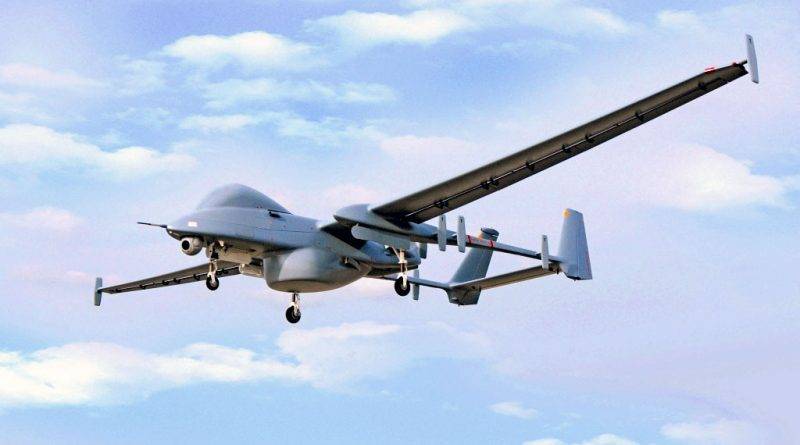The Future of Logistics: How Cargo Drones Are Revolutionizing Deliveries
As technology continues to advance at an unprecedented pace, the logistics industry is witnessing a transformative change with the advent of cargo drones. These unmanned aerial vehicles (UAVs) are redefining the landscape of delivery services, offering an efficient, cost-effective, and environmentally friendly alternative to traditional shipping methods. The term “cargo drone” is becoming synonymous with innovation and efficiency in logistics.
Let’s explore the multiple dimensions in which cargo drones are reshaping the delivery industry. Firstly, speed and efficiency are the hallmark benefits of cargo drones. With the ability to fly directly to their destination, drones minimize transit times, bypassing traffic congestion and geographic barriers that typically hinder ground transportation. This capability is especially valuable in regions where infrastructure is lacking or in disaster-stricken areas where swift delivery of essentials is critical.
Cost-Effectiveness of Cargo Drones
The financial implications of incorporating cargo drones into logistics cannot be overstated. Businesses can reduce expenses associated with fuel, labor, and vehicle maintenance. Furthermore, cargo drones operate on renewable energy sources, minimizing operational costs and promoting environmental sustainability. As companies seek to balance profit margins with eco-friendly practices, cargo drones emerge as a viable solution.

Environmental Impact
In addition to cost savings, the use of cargo drones contributes significantly to reducing carbon footprints. Traditional delivery vehicles emit greenhouse gases, playing a substantial role in global pollution. In contrast, drones powered by electric batteries offer a cleaner alternative. However, the environmental benefits also hinge on the production methods of the batteries and sustainable practices in manufacturing drone components.
Technological Innovations in Cargo Drones
With advancements in AI and machine learning, cargo drones are becoming more autonomous, improving flight accuracy and delivery precision. Modern drones are equipped with sophisticated navigation systems, sensory technology, and obstacle detection, ensuring safe and reliable operation even in challenging environments.
Implementing drones in logistics entails overcoming regulatory hurdles, but the technology’s potential to revolutionize delivery services is undeniable.
Challenges and Considerations
Despite their advantages, cargo drones face several challenges that must be addressed. Regulatory policies governing the use of UAVs vary widely between regions, impacting the scalability of drone delivery services. Furthermore, the public perception of drones regarding privacy and security concerns needs careful management.
Potential Applications of Cargo Drones
Cargo drones hold promise in numerous applications beyond retail delivery. For medical supplies, life-saving equipment can reach remote areas quickly, enhancing healthcare accessibility. Agricultural sectors can benefit from drones for crop monitoring and distribution of materials. Humanitarian efforts also find drones invaluable for delivering aid in crisis zones.
Businesses investing in drone technology for logistics are not only enhancing their service offerings but also paving the way for a sustainable future. As research and development progress, the capabilities and applications of cargo drones will continue to expand, ultimately integrating into daily life and transforming how we perceive deliveries.
FAQs about Cargo Drones
- What are the key benefits of using cargo drones?
- Cargo drones offer faster delivery times, reduced operational costs, and lower environmental impact compared to traditional methods.
- Are cargo drones suitable for all types of deliveries?
- While cargo drones are versatile, they are most effective for lightweight, high-priority deliveries, particularly in inaccessible or remote areas.
- How are regulations impacting the use of cargo drones?
- Diverse regulations worldwide affect drone operations; companies must navigate these laws to implement widespread delivery solutions.
As technology evolves, keeping an eye on updates in drone regulations and innovations is crucial for businesses and consumers alike.